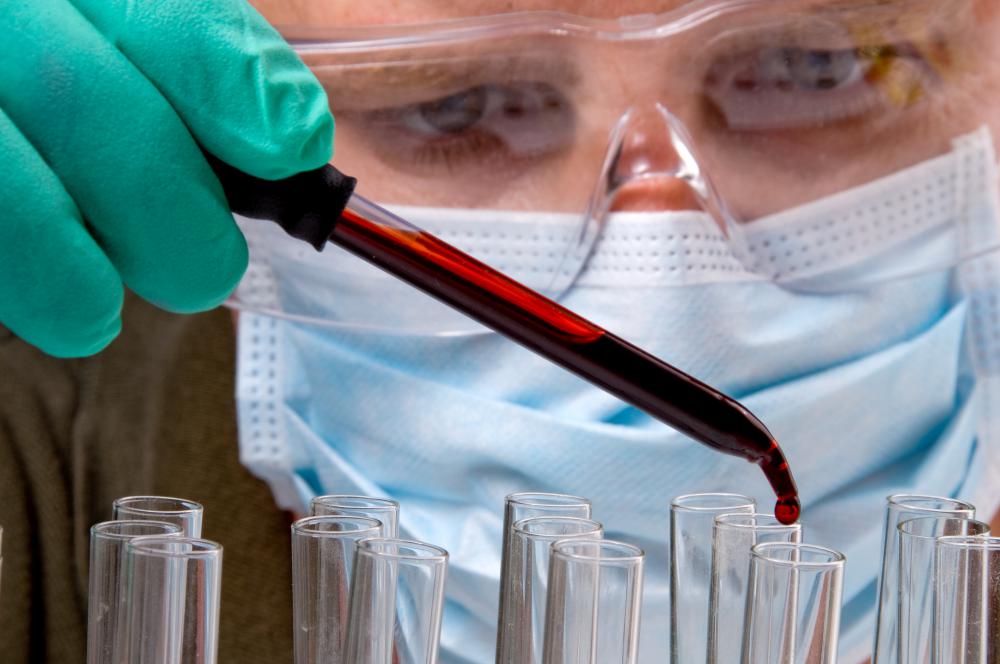At WiseGEEK, we're committed to delivering accurate, trustworthy information. Our expert-authored content is rigorously fact-checked and sourced from credible authorities. Discover how we uphold the highest standards in providing you with reliable knowledge.
What is a Forensic Pathologist?
A forensic pathologist is a physician who determines the cause of death in an individual who has died suddenly, suspiciously, unnaturally or unexpectedly. Forensic pathology is a subset of pathology, which is the diagnosis of disease through the study of body tissue and fluids. While a general pathologist studies the tissue and fluids of the living, the forensic pathologist studies that of the deceased.
A forensic pathologist can be thought of as a death detective or death investigator. He or she may be a medical examiner or coroner of a jurisdiction, or work with the medical examiner or coroner. Some forensic pathologists also choose to work in independent and private practice.

In most jurisdictions, there are five main legally recognized causes of death: natural, homicide, suicide, accident and undetermined. Forensic pathologists must therefore determine which of these legal causes apply to the deceased individual. The cause of death is determined through performing an autopsy on the deceased.
During an autopsy, a forensic pathologist thoroughly examines the interior and exterior of the body of the deceased. In addition to a visual examination of the body, small samples of tissue such as organs, skin, hair and fingernails may be taken for examination to check for signs of disease, drugs, or any substances that are present in the body. Once the results of any applicable tests have been received, the forensic pathologist completes a written report with the conclusion of the legal cause of death.

Forensic pathologists may also be called to testify in a court of law in regards to their findings of the cause and manner of death. As such, they are often crucial witnesses in court trials involving death, as their testimony and credibility can help determine a defendant’s guilt or innocence.
Forensic pathologists must undergo approximately thirteen to fifteen years of post-high school education and training. After graduating from a four-year college and earning a bachelor’s degree, the prospective forensic pathologist must attend an additional four years of medical school, followed by four to five years of residency. Lastly, an additional one to two years of specialized training in forensic pathology must be completed before the prospective forensic pathologist is able to take the necessary examinations to become certified as a forensic pathologist.
AS FEATURED ON:
AS FEATURED ON:













Discuss this Article
Post your comments